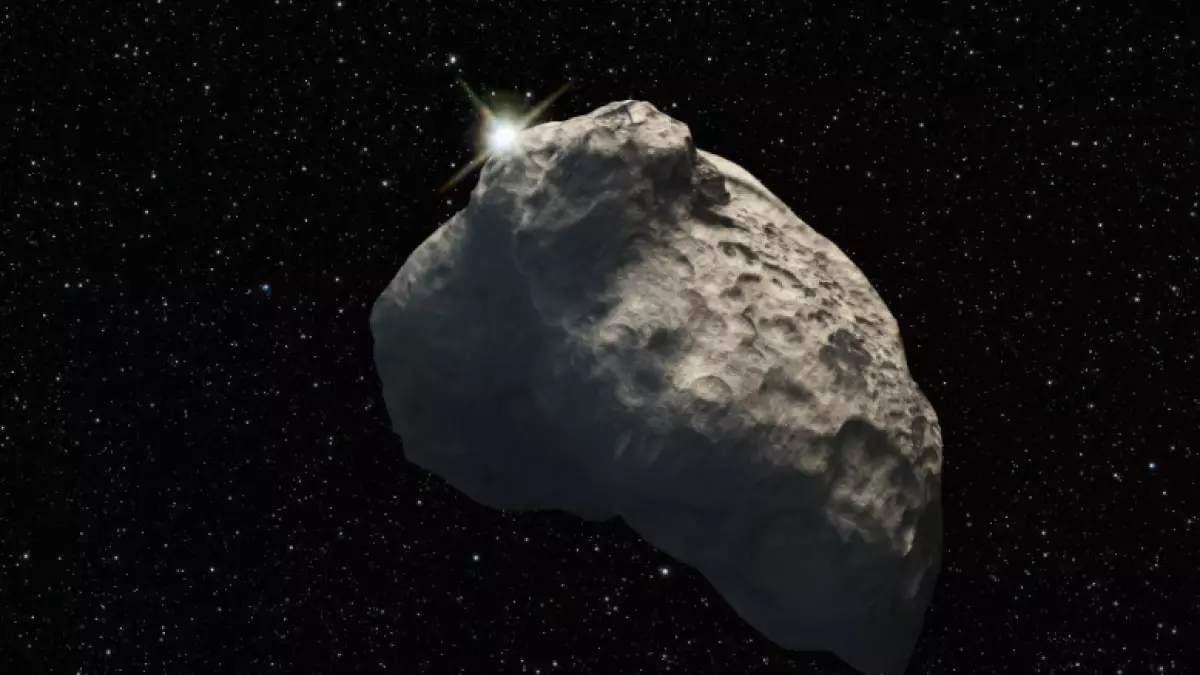Recent research has shed new light on the asteroid that struck Earth 66 million years ago, leading to the extinction of the dinosaurs. Scientists have identified the impactor as a carbon-rich “C-type” asteroid, which likely came from the asteroid belt situated between Mars and Jupiter. Through the examination of ruthenium isotopes present in the debris layer left by the impact at the Chicxulub impact crater, researchers have determined that the asteroid’s composition differs from Earth’s natural materials.
The research team, led by Mario Fischer-Gödde from the University of Cologne, focused on ruthenium due to its scarcity in Earth’s crust, making it an excellent indicator for extraterrestrial material. Samples taken from various locations in Denmark, Italy, and Spain revealed a consistent isotope composition matching that of carbonaceous asteroids. This discovery dismisses previous theories suggesting the impactor could have been a comet or that volcanic eruptions, like those from the Deccan Traps, were responsible for the presence of rare metals like ruthenium in the debris layer.
The uniformity of the isotope composition found across different geographical locations supports the argument for the asteroid’s extraterrestrial origins. The study proposes that the asteroid likely came from the asteroid belt between Mars and Jupiter, possibly resulting from a collision between two asteroids that propelled a fragment towards Earth. However, the notion that the asteroid may have emanated from the more distant Oort cloud, surrounding the solar system, has not been entirely dismissed. This ambiguity calls for further investigation to enhance our comprehension of such catastrophic events.
Dr. Craig Walton from the University of Cambridge, while not directly involved in the study, emphasized the importance of this research in advancing our understanding of Earth’s history. Despite lingering uncertainties regarding the specific origins of the asteroid, the study provides valuable insights into the nature of celestial objects that have significantly impacted the planet’s evolutionary trajectory. These findings contribute to a broader perspective on how such events have influenced life’s development on Earth, offering fresh insights into the planet’s susceptibility to cosmic impacts.

Leave a Reply